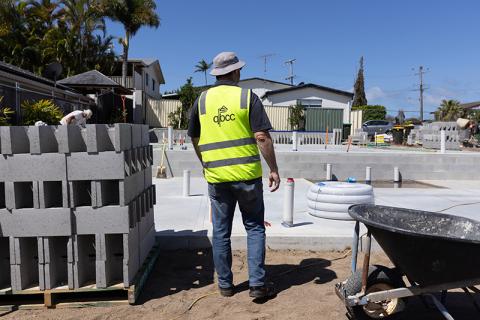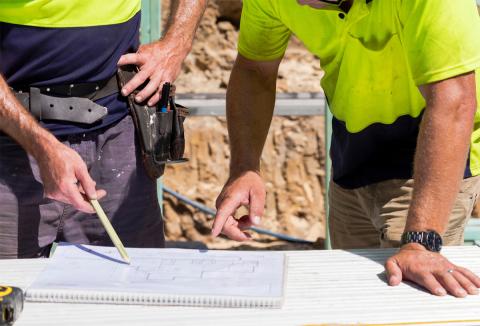In Queensland, all swimming pools and spas that can hold more than 300 millimetres in depth of water must have a compliant safety barrier to restrict children from accessing the pool area.Queensland Family and Child Commission (QFCC) Principal Commissioner Luke Twyford said the number of drownings and non-fatal immersions registered in Queensland over the past decade was concerning.
“Drowning is the leading external cause of death for Queensland children younger than five, which is particularly distressing given it is considered preventable,” Mr Twyford said.
“Queensland’s child death register shows 40 children aged 0–4 years drowned in regulated pools between 2011 and 2021 and a further 853 required medical attention resulting from a non-fatal immersion.
“Concerningly, the numbers we are seeing around child deaths suggest pool owners may be becoming complacent when it comes to pool safety.
“Queensland has strong and robust laws when it comes to swimming pool fencing, but fences are only effective if they are properly used and maintained.
“This SWIMSAFER Week, we’re asking everyone to revisit swimming pool safety—that means making sure your pool fence is compliant, avoid deliberately propping the gate open, ensure the gate is self-latching and self-closing, removing obstacles that children can use to climb the fence, and always ensure young children are actively supervised while in the backyard.”
Queensland Building and Construction Commission (QBCC) Commissioner Anissa Levy said owners of properties with swimming pools are responsible for pool fence compliance.
“Pools and spas can be a lot of fun, but safety should always be at the forefront of our minds,” Ms Levy said.
“Every pool owner is legally responsible for ensuring their pool barrier complies and that the barrier is always kept in good condition.
“An on-the-spot fine of more than $2,000 for homeowners and more than $6,000 for a body corporate can be issued for failure to obtain a safety certificate as required when they buy a home with a pool.
“Short-stay accommodation providers must also have a valid pool safety certificate when renting out a property with a pool. This includes owners who decide to rent out a holiday home, part of their home, or even just a room, as short-stay accommodation.
“Failure to ensure a pool gate is securely closed at all times when not in use is an offence carrying a maximum penalty of over $23,000–this includes propping a pool gate open.”
While local councils are responsible for taking enforcement action over non-compliant barriers, the QBCC licenses pool safety inspectors (PSI).
“In 2021–22, the QBCC received 30 complaints against PSIs. Of these, 19 received disciplinary action that resulted in fines,” Ms Levy said.
“If a pool safety inspector doesn’t thoroughly inspect every aspect of the fence and doesn’t do multiple tests to ensure the pool gate self-closes and self-latches from every open position, including resting on the latch, they cannot be doing a thorough inspection and may overlook nonconformities.”
Ms Levy also reminded everyone to familiarise themselves with pool fencing and gate requirements including those around inflatable pools.
“These pools are a drowning risk for children, and people who install them without the appropriate fencing can be hit with on-the-spot fines of more than $900,” Ms Levy said.
“Last financial year, 40,638 pool safety certificates were issued, which included 33,271 for non-shared pools and 7,367 for shared pools.
The QBCC referred 32 properties to local governments in 2021–22 because the pool barrier was unsafe.”
For more information on pool safety and compliance visit the QBCC website and if you have concerns about a potentially noncompliant pool, notify your local council.
BACKGROUND
Queensland Health immersion reports are provided to the relevant local government, which is required to inspect the site of the immersion.
If the local government inspection raises concerns about the pool fence at the site of the immersion, the local government takes enforcement action to ensure the pool complies.
If the local government inspection suggests a breach by a pool safety inspector, it is referred to the QBCC, which takes action with the relevant inspector.



